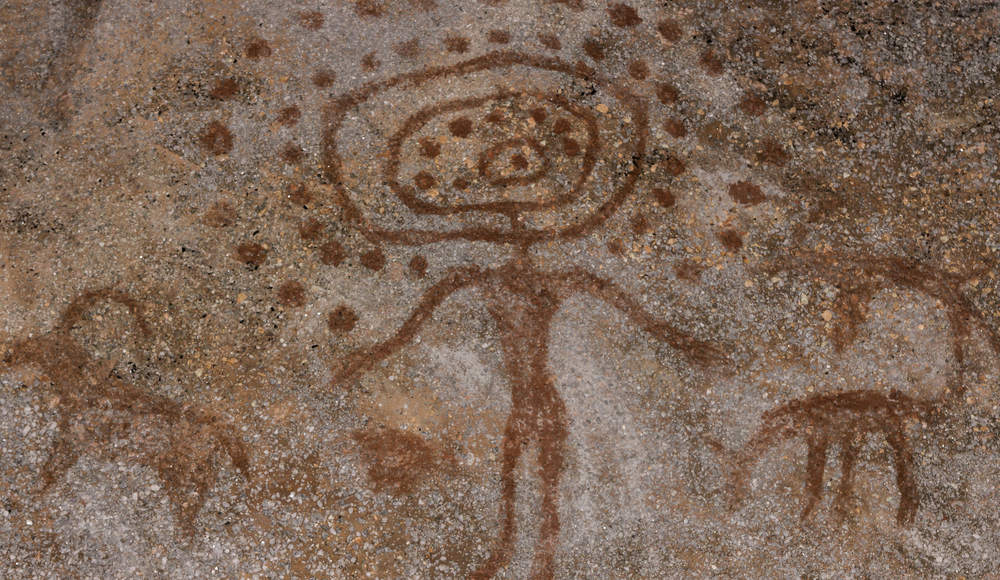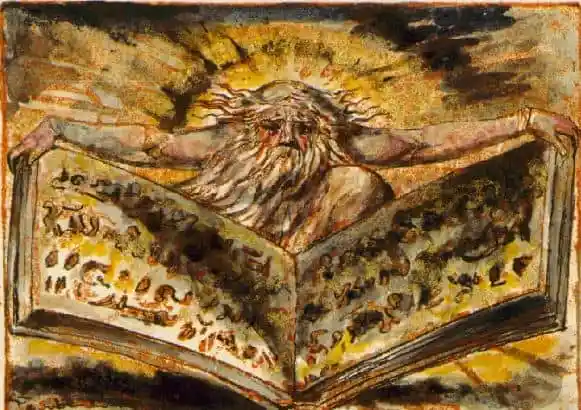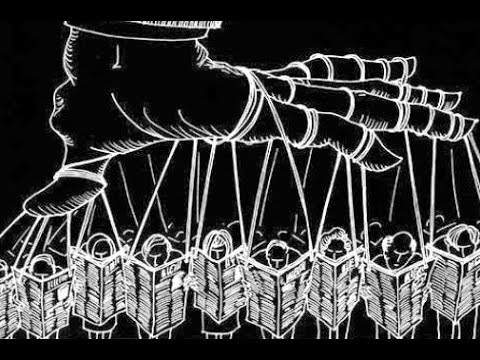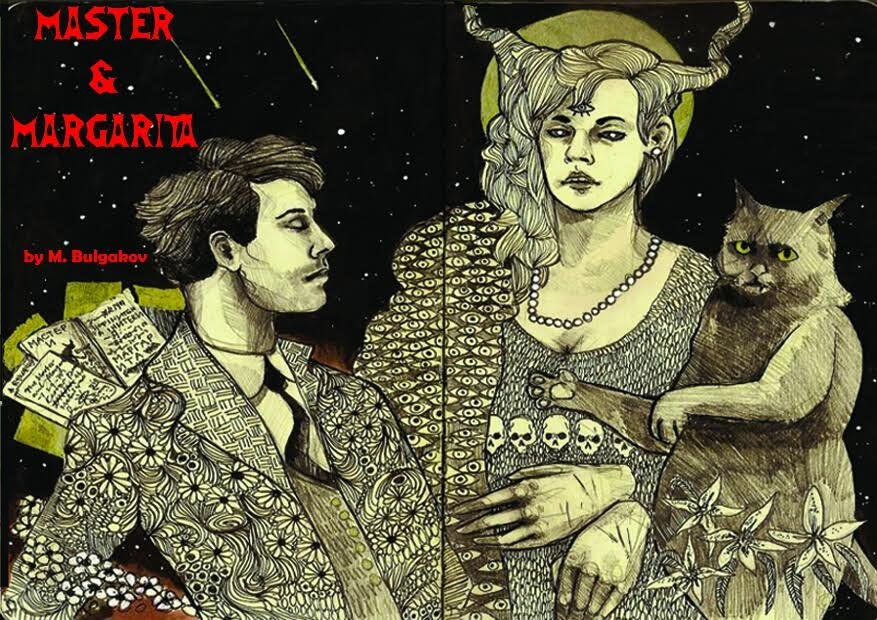Fantasies Fleeting in the Murk of Modernity: John Keats’ ‘La Belle Dame sans Merci’
‘La Belle Dame’ is one of Keats’ most enigmatic of poems, detailing the love and loss of a certain ‘Knight at arms’ the nature of which we are never properly told. But beyond the individual pining of a man over his lost ‘Lady in the Meads’, is there a wider truth that Keats is trying to tell, concerning the direction of literature and the fate of his fellow Romantics as a whole?
Read more








